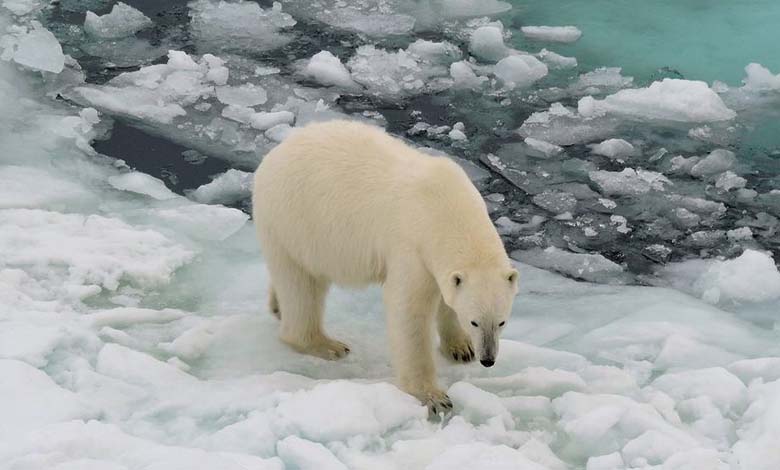“Unprecedented” Heat in Antarctica Rises by 10 Degrees Celsius

Temperatures in Antarctica recorded a record increase of 10 degrees Celsius above average last month, raising concerns about the effects of climate change.
-
“Climate Change” Affects the Intensity of Rainfall and Hurricanes
-
Negative Impact of Climate Change on Poor Women and Housewives
Under the harsh winter conditions in the Southern Hemisphere, where temperatures are typically below freezing, some areas experienced a notable rise of up to 28 degrees Celsius above forecasts.
This increase follows 12 months of globally record-breaking warmth, with temperatures surpassing 1.5 degrees Celsius above pre-industrial levels.
-
How does climate change affect mothers and children worldwide?
-
Climate Change Threatens Planet’s Largest Freshwater Reserves
According to The Guardian, Michael Dukes, director of forecasting at MetDesk, stated that this rise aligns with long-term predictions indicating that climate change will have significant impacts on polar regions. He added that such heatwaves could lead to the collapse of Antarctic ice sheets.
This recent heatwave is the second in Antarctica in the past two years, with the previous one recorded in March 2022.
-
Climate change endangers earth’s largest freshwater reserves
-
Climate Change Accelerates… Are There Solutions?
Dukes noted that these heatwaves follow the strong El Niño phenomenon, which causes global temperatures to rise, along with the general effects of climate change.
The immediate cause of the heatwave was a weakening of the polar vortex, a band of cold air encircling each pole. Amy Butler from the National Oceanic and Atmospheric Administration mentioned that atmospheric waves led to the weakening of this vortex and an increase in temperatures at high altitudes.
-
How does climate change affect the acidity of the Southern Ocean?
-
Climate change weakens the ability of structures in Siberia to resist warming
Scientists are concerned about the future of Antarctica, with Jamin Greenbaum noting that increased ice melt is an expected result of climate change.
Edward Blanchard from the University of Washington confirmed that reduced sea ice and a warmer Southern Ocean could increase the likelihood of significant heatwaves.
-
Climate change predictions… How algae help improve accuracy?
-
Affecting Billions of People: Study predicts the “Worst-Case Scenario” for Climate Change
Janet Wille from the Swiss Federal Institute of Technology explained that events raising temperatures in the southern stratosphere are rare, and it remains unclear how climate change may affect these phenomena.
Scientists agree that climate change significantly contributes to these thermal events, but they continue to study their precise impacts.












